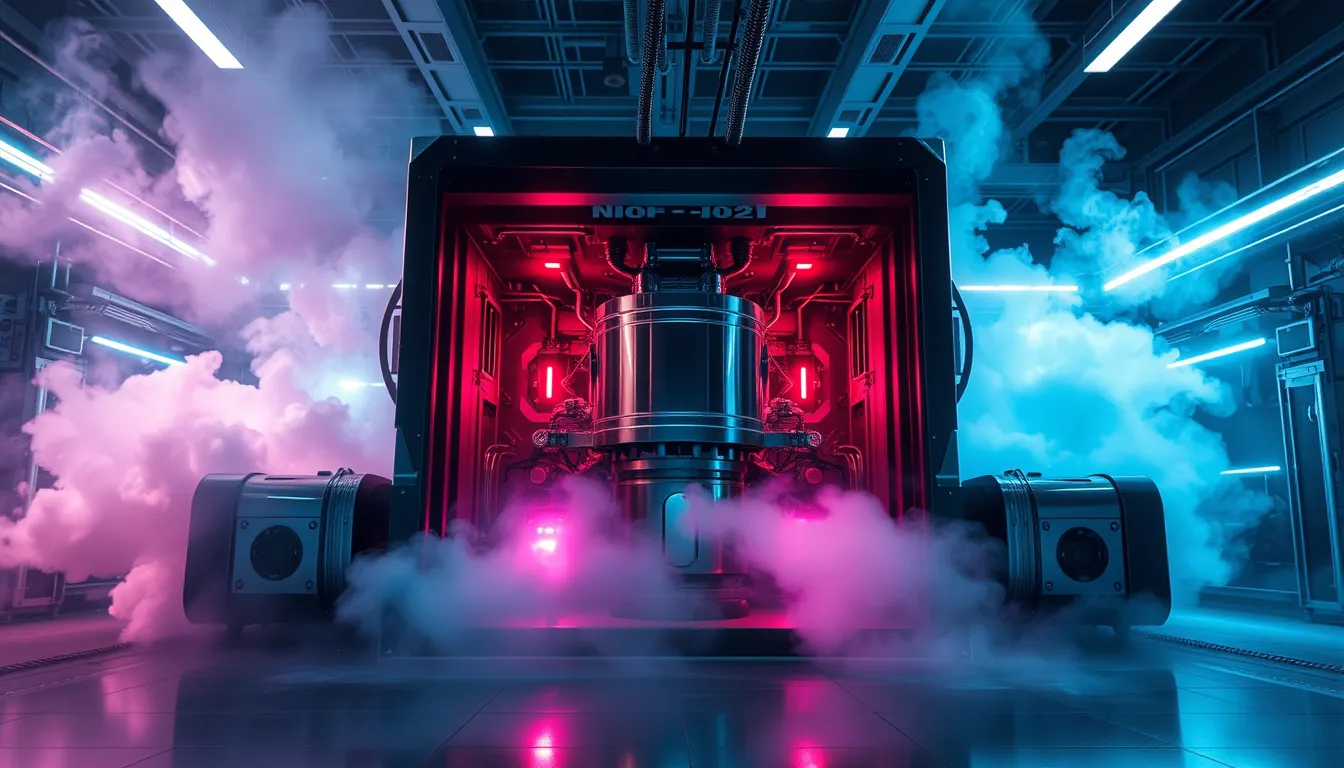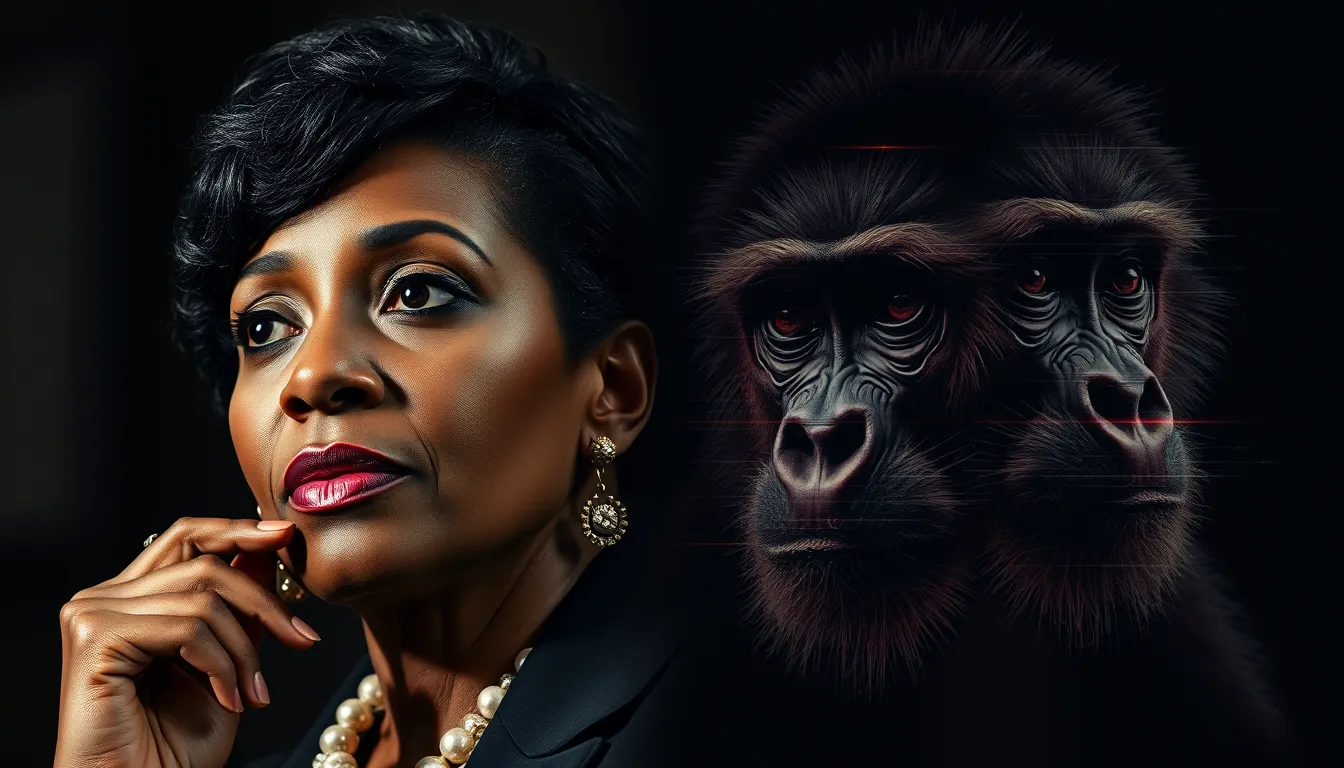Now Reading: Revolutionary AI Generated Music: Unleashing Digital Trends
-
01
Revolutionary AI Generated Music: Unleashing Digital Trends
Revolutionary AI Generated Music: Unleashing Digital Trends

Revolutionary AI Generated Music: Unleashing Digital Trends
In today’s digital era, the landscape of music is being transformed by a groundbreaking innovation: AI generated music. As technology takes center stage in creativity, artists and producers are turning to artificial intelligence to craft unique sounds, push boundaries, and redefine what it means to create music. The recent feature on Wired highlights not just the novelty of these creations, but also a trend that is rapidly evolving.
The Rise of AI Generated Music
Artificial intelligence is now a key player in music production, driving trends that fuse technology with creativity. With tools capable of algorithmic music production, songs that were once thought to be the exclusive domain of human inventiveness are now being developed by sophisticated software. This shift is not without controversy. While many celebrate the digital revolution’s potential to democratize music production, others raise concerns about the authenticity and emotional depth of computer-generated sounds.
Key Aspects of AI Generated Music:
- Innovative Production Techniques
- Evolution in Music Production Trends
- Broadened Access to Digital Music Creation
These core aspects exemplify how AI not only replicates human creativity but also adds a technological twist that can yield unexpected and sometimes startling tracks.
Exploring AI Music Trends and Niche Creations
Among the fascinating developments are trends that push the envelope of creativity. One notable niche is represented by long-tail experiments like Sensual Butt Songs AI. This subgenre offers a blend of audacity and humor, challenging conventional norms by incorporating themes that are both provocative and entertaining. Similarly, the emergence of AI-generated Santa Claus music, where traditional figures are reimagined in a modern, irreverent light, showcases the unpredictable nature of algorithmic music production.
Case Studies: Sensual Butt Songs AI & AI-Generated Santa Claus Music
- Sensual Butt Songs AI: Often characterized by bold lyrics and an irreverent tone, Sensual Butt Songs AI explores themes that push conventional boundaries. This style has sparked debates about artistic merit and the role of humor in digital content creation.
- AI-Generated Santa Claus Music: Reinterpreting holiday classics, AI-generated Santa Claus music infuses traditional season melodies with unexpected twists. This subgenre humorously depicts Santa in unconventional scenarios, sparking both amusement and controversy among listeners.
The Impact of Digital Transformation on Music Production
The influence of AI in music reaches far beyond these niche genres. As algorithmic noise in music becomes increasingly prevalent, industry experts emphasize the dual-edged nature of this innovation. On one hand, digital music production democratizes access, allowing enthusiasts with minimal technical skills to experiment with sound. This level of accessibility encourages a broader creative community, paving the way for diverse musical expressions and new artists to emerge.
However, critics argue that the mass production of AI generated music can dilute the quality that has traditionally characterized human-made art. The reliance on algorithms may lead to compositions that, while technically impressive, sometimes lack the soul and emotional complexity found in music crafted from human experiences. In this context, the discussion often revolves around issues of authenticity and artistic integrity.
Balancing Technology and Human Creativity
To address these concerns, many professionals in the music industry suggest a hybrid approach that leverages the strengths of both AI and human creativity. Here are some strategies recommended for balancing this relationship:
- Use AI as a tool for inspiration rather than as a replacement for human creativity.
- Maintain rigorous quality control to ensure that the final output resonates emotionally with audiences.
- Blend traditional production techniques with modern algorithmic processes.
These strategies reinforce the idea that while AI generated music is an exciting development, it should complement and not completely overshadow the rich tradition of musical artistry.
Navigating the Future of Music Discovery
As streaming platforms continue to evolve, the future of music discovery is increasingly intertwined with AI. Sophisticated digital algorithms curate playlists, mix genres, and even predict listener preferences, contributing significantly to the way we experience music. This digital curation often leads to a fascinating interplay between high-quality human compositions and experimental AI creations.
Listeners now find themselves at the crossroads of human and machine-made music, where each track is a testament to the evolving nature of creativity in a technology-driven world. With platforms like Spotify and Apple Music implementing features powered by advanced algorithms, the border between curated discovery and algorithmic randomness becomes beautifully blurred.
In conclusion, the revolution of AI generated music is more than just a fleeting trend; it is a seismic shift in the way music is produced, experienced, and understood. While critics continue to debate its implications, there is no denying that AI is carving out a unique space in the music industry, one marked by innovation, accessibility, and creative experimentation. As we look to the future, it is clear that the fusion of digital technology with artistic expression will only grow stronger, promising a rich and diverse musical landscape that challenges our traditional notions of art.
For further reading on digital music trends and algorithmic creativity, explore reputable sources and industry analyses at Wired and other well-established media outlets. Embrace the revolution of AI generated music and join the conversation on how technology is reshaping our sonic experiences.

























